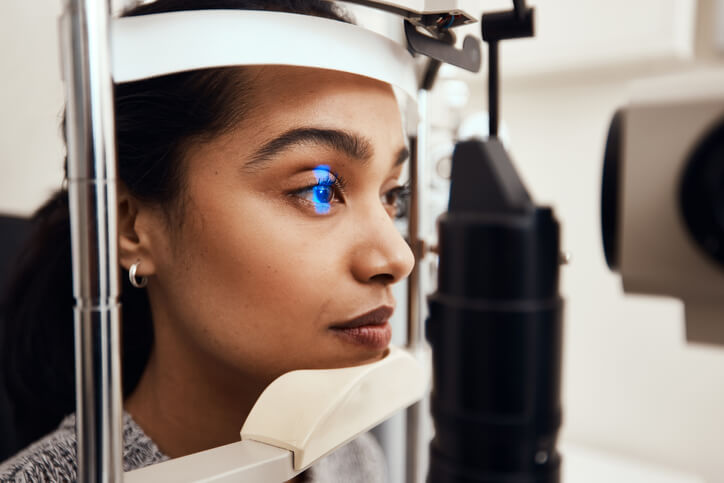Ophthalmologists are doctors specializing in the care of eyes and vision. These medical professionals are entrusted with their patients’ sight and, as such, their patients should be able to trust them to provide the highest standard of care. Should an ophthalmologist prove unworthy of this trust, and their negligence leaves a person worse off than they were before, the impact could be severe.
Ophthalmologist Malpractice
While small, the eye is a complex organ and one that we rely on to see the world. Those who seek to specialize in the treatment of eyes are required to go through rigorous training before they can practice in the field of ophthalmology. Still, mistakes do happen. The world of ophthalmology is not immune to malpractice, just as it is with any field of medicine.
When a patient is injured due to ophthalmologist malpractice, that patient can bring a malpractice claim seeking compensation for the resulting harm they suffered. In order to bring this claim successfully, the patient must be able to establish the following elements:
- Duty: The doctor had a duty to the patient because the patient was under their care.
- Breach: The doctor failed to treat the patient pursuant to the acceptable standard of care that should be provided by an ophthalmologist under similar circumstances.
- Causation: The doctor’s breach of duty was the direct and proximate cause of harm suffered by the patient.
- Damages: The patient was injured because the doctor failed to uphold the requisite standard of care
Some of the common forms of ophthalmologist malpractice are not necessarily unique to the field of ophthalmology and can often be seen in other fields of medicine. The difference is, however, that these forms of ophthalmology malpractice can easily lead to vision loss or impairment in a patient. For instance, misdiagnosing or failure to diagnose a patient can be seen in a variety of medical contexts, including ophthalmology. And, as in other areas of medicine, the consequences for the patient can be devastating. When it comes to ophthalmology, a misdiagnosis or missed diagnosis can lead to improper treatment or lack of treatment for a condition of a patient. This can, in turn, lead to the condition worsening, resulting in things like vision loss or impairment. Other forms of ophthalmological malpractice may include:
- Failing to obtain a patient’s informed consent prior to a procedure
- Failing to treat a condition or delaying necessary treatment
- Failing to refer a patient to an appropriate, qualified expert
- Failing to prescribe the correct medication or medication dosage
- Increasing risk of infection by reusing single-use instruments (often done in an attempt to cut costs)
- Making surgical errors
All of these forms of ophthalmological medical mistakes could lead to vision loss or impairment, but they can also lead to:
- A decreased field of vision
- Perception issues
- Partial or total blindness
- “Floaters”
- Other health complications
Philadelphia Personal Injury Attorneys
It can be scary to even consider a lapse in trusted medical care let alone suffer under one. If you have suffered harm due to your doctor providing substandard care, do not delay in reaching out to the dedicated medical malpractice team at Cooper, Schall & Levy. Contact us today.


